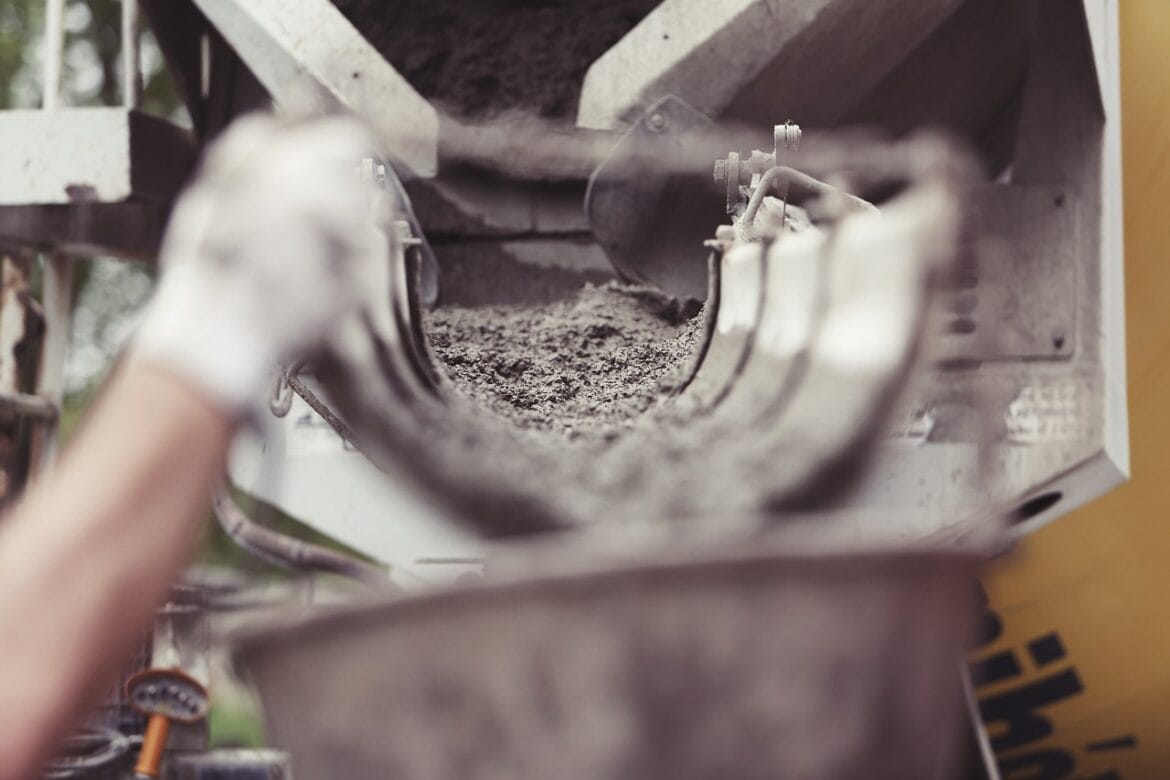At COP29, Thomas Guillot, CEO of the Global Cement and Concrete Association (GCCA), spoke with Sal Jafar, CEO of ESG Mena about GCCA’s efforts to decarbonise the cement industry. Highlighting …
industry
-
The multilateral Climate Investment Funds announced that it will deploy up to $1bn in funding to decarbonise heavy-emitting industries this month, launching a call to developing countries to participate. The …
-
Aggreko has announced the launch of a new oil-free air compressor line. According to the company, its 100 per cent oil-free air compressors and air dryers are aimed at industries as diverse …
-
Abu Dhabi Future Energy Company PJSC—Masdar and Emirates Global Aluminium (EGA) have forged an alliance to collaborate on aluminium decarbonisation and low-carbon aluminium growth opportunities. EGA produces one-in-every-25 tonnes of …
-
The Ministry of Industry and Advanced Technology (MoIAT) on January 17, 2023 oversaw the signing of a memorandum of understanding (MoU) at Abu Dhabi Sustainability Week (ADSW), which will lay …




